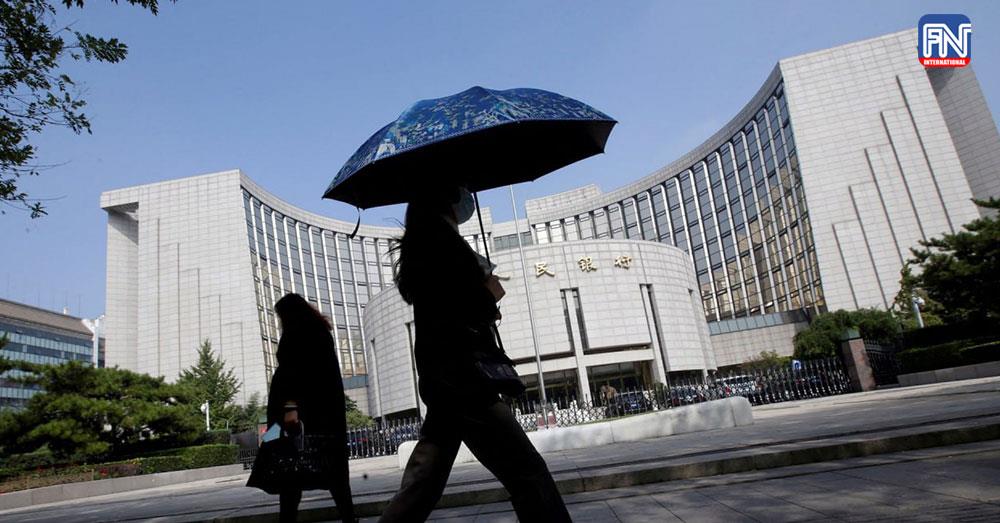BEIJING/SHANGHAI, Oct 18 (Reuters) - China's central bank kicked off two funding schemes on Friday, that will initially pump as much as 800 billion yuan ($112.38 billion) into the stock market through newly-created monetary policy tools.
The People's Bank of China (PBOC) spelt out operational details of the swap and relending schemes first announced in late September, aiming to support "steady development" of capital markets.
China's recent market bull run has been losing steam as euphoria turned into caution over the size and implementation of Beijing's stimulus promises. The benchmark CSI300 Index (.CSI300), opens new tab reversed early losses and ended the morning session up 0.8% on Friday.
Under the swap scheme, initially worth 500 billion yuan, brokerages, fund management firms and insurers can obtain liquidity from the central bank through asset collateralisation to buy stocks.
Currently, 20 companies have been approved to participate in the scheme and initial applications have exceeded 200 billion yuan, the PBOC said.
"The swap scheme will become a market stabiliser" as demand for the tool rises when stocks are over-sold, but the appetite naturally fizzles when the market recovers, Xinhua Financial said in an article on Friday.
In addition, institutions can use the tool to obtain liquidity in a stock market rout without having to sell shares in a downward spiral.
Under the facility, assets including bonds, stock ETFs and holdings in constituents of the CSI300 Index can be exchanged for highly liquid assets such as treasury bonds and central bank bills, giving participants easier access to funding.

Photo from Reuters




